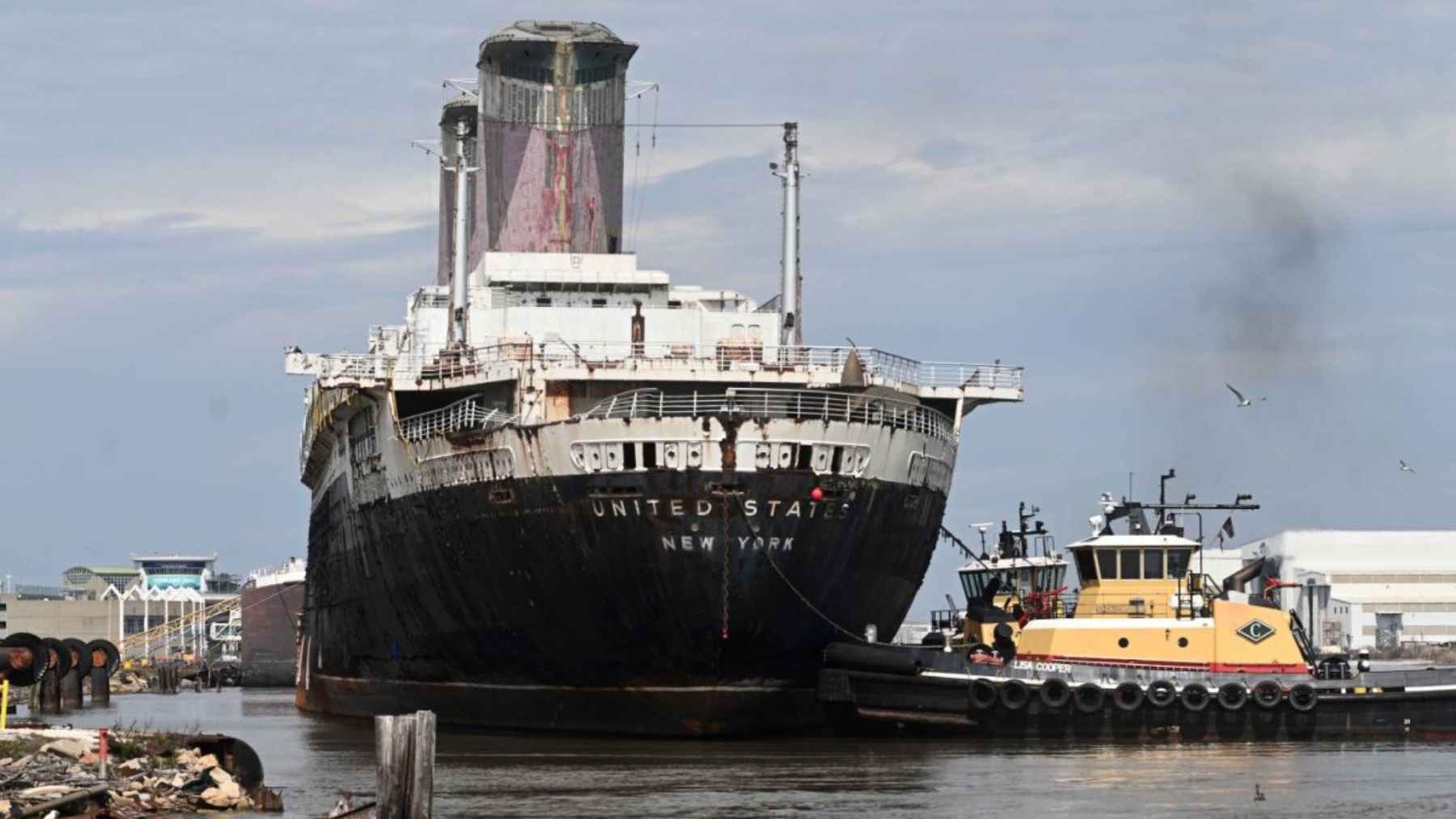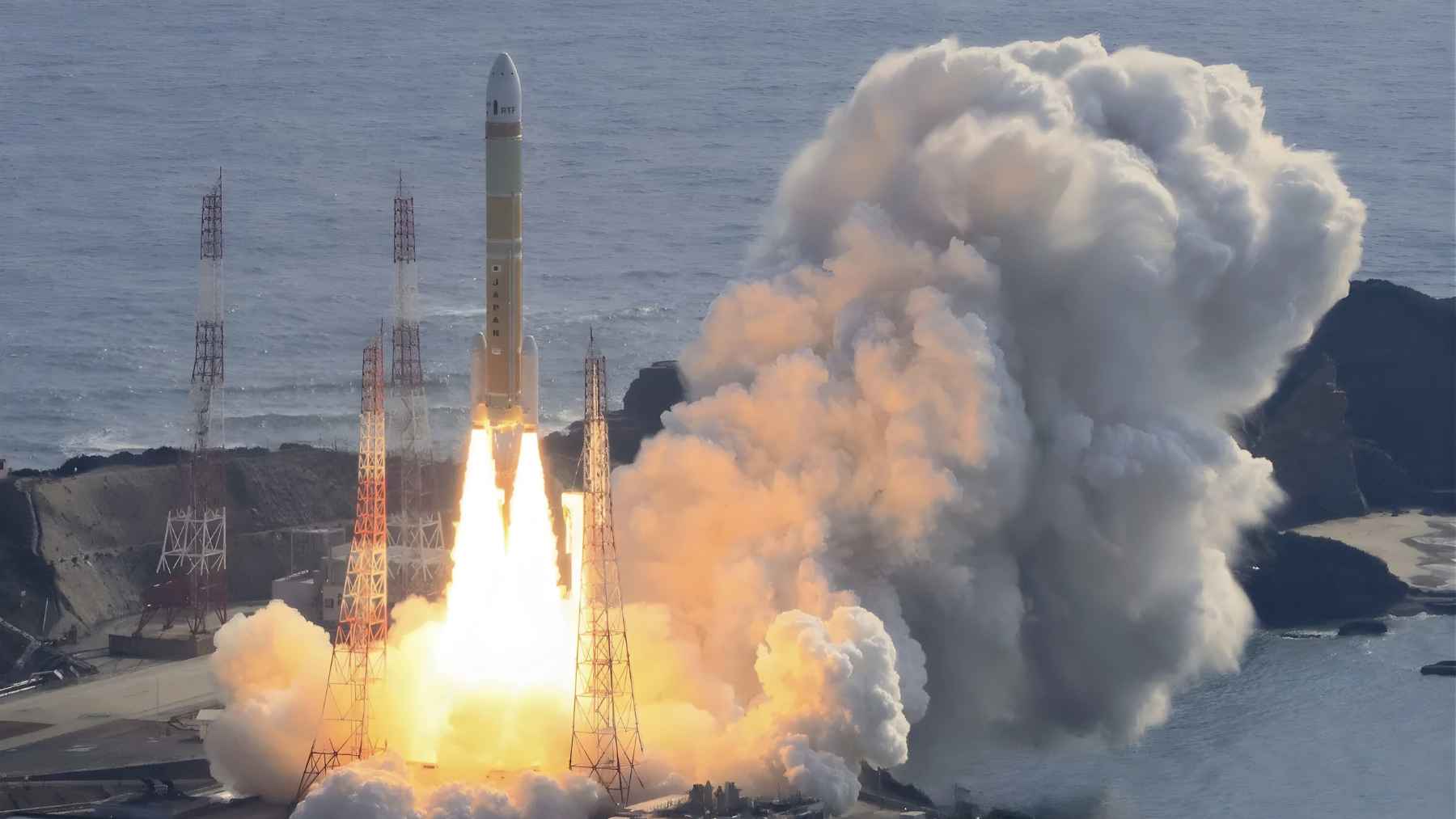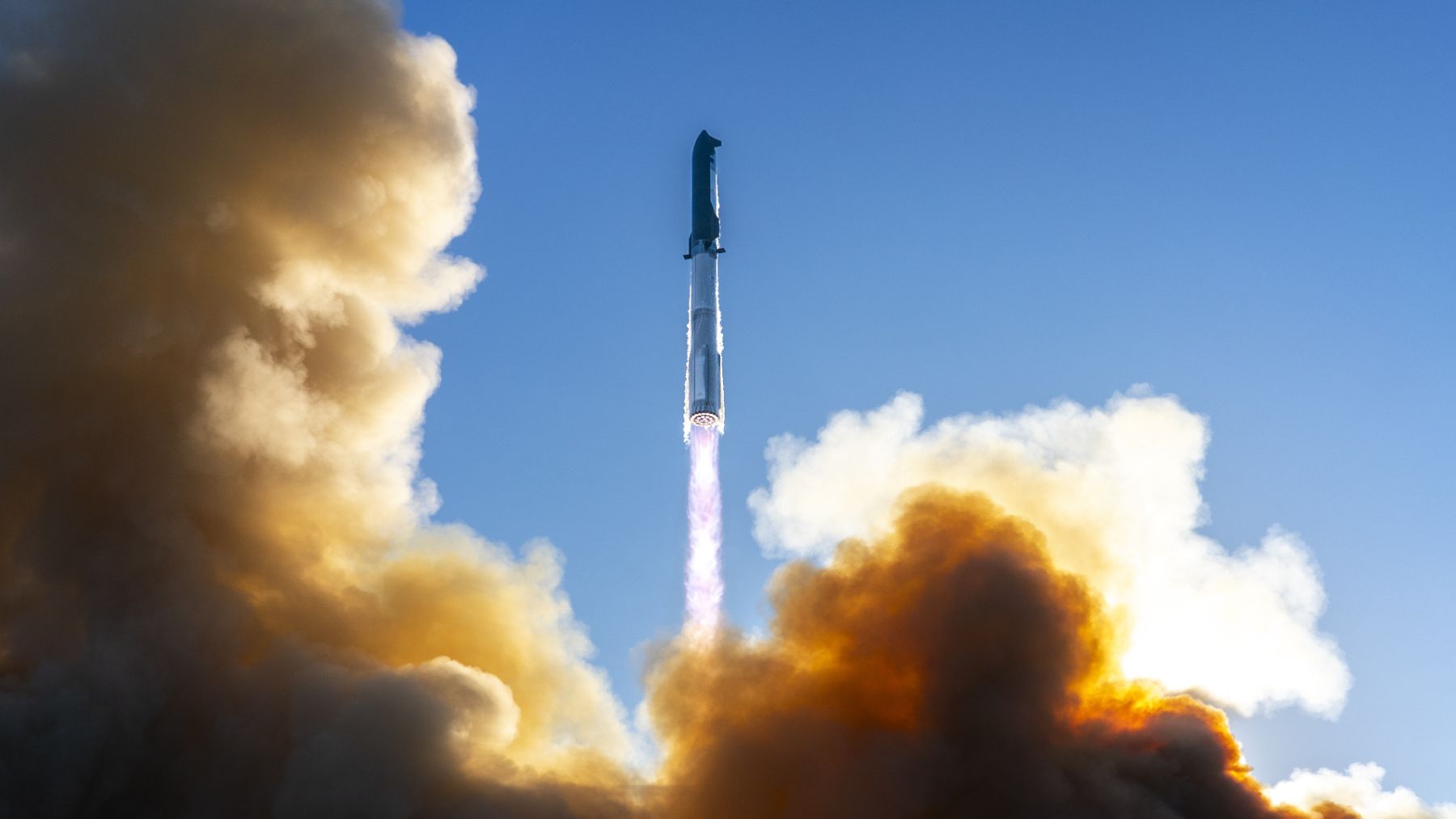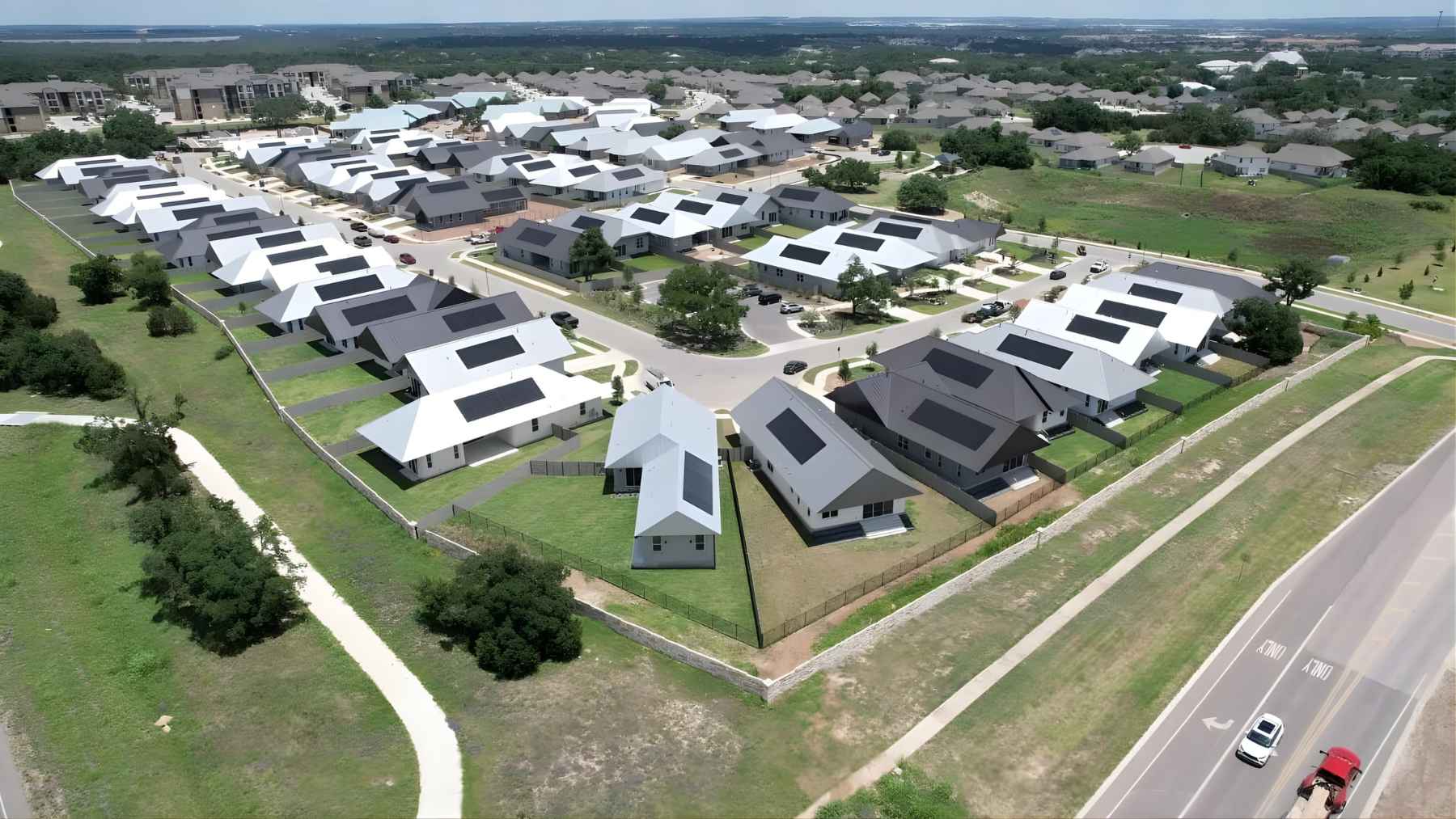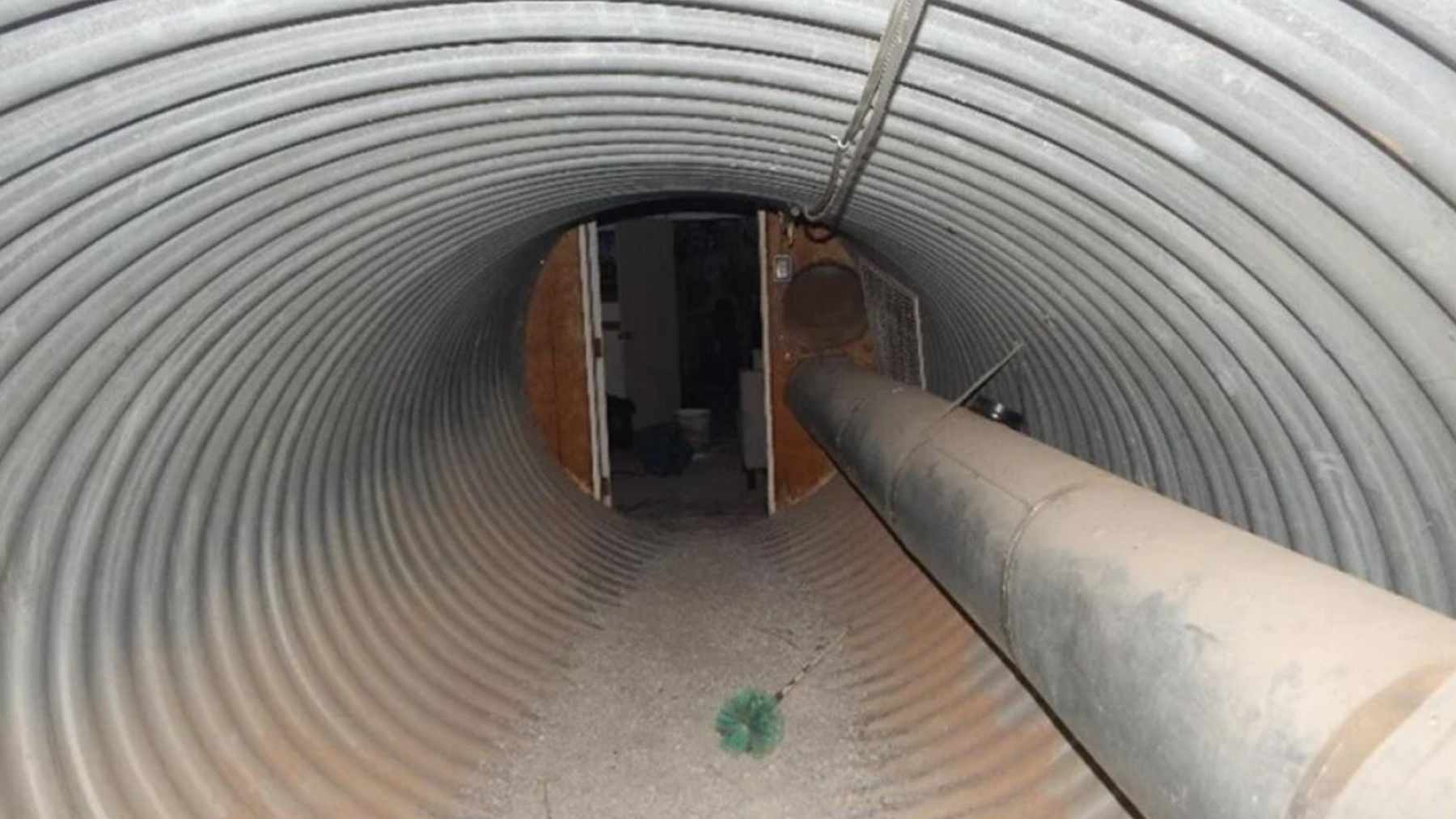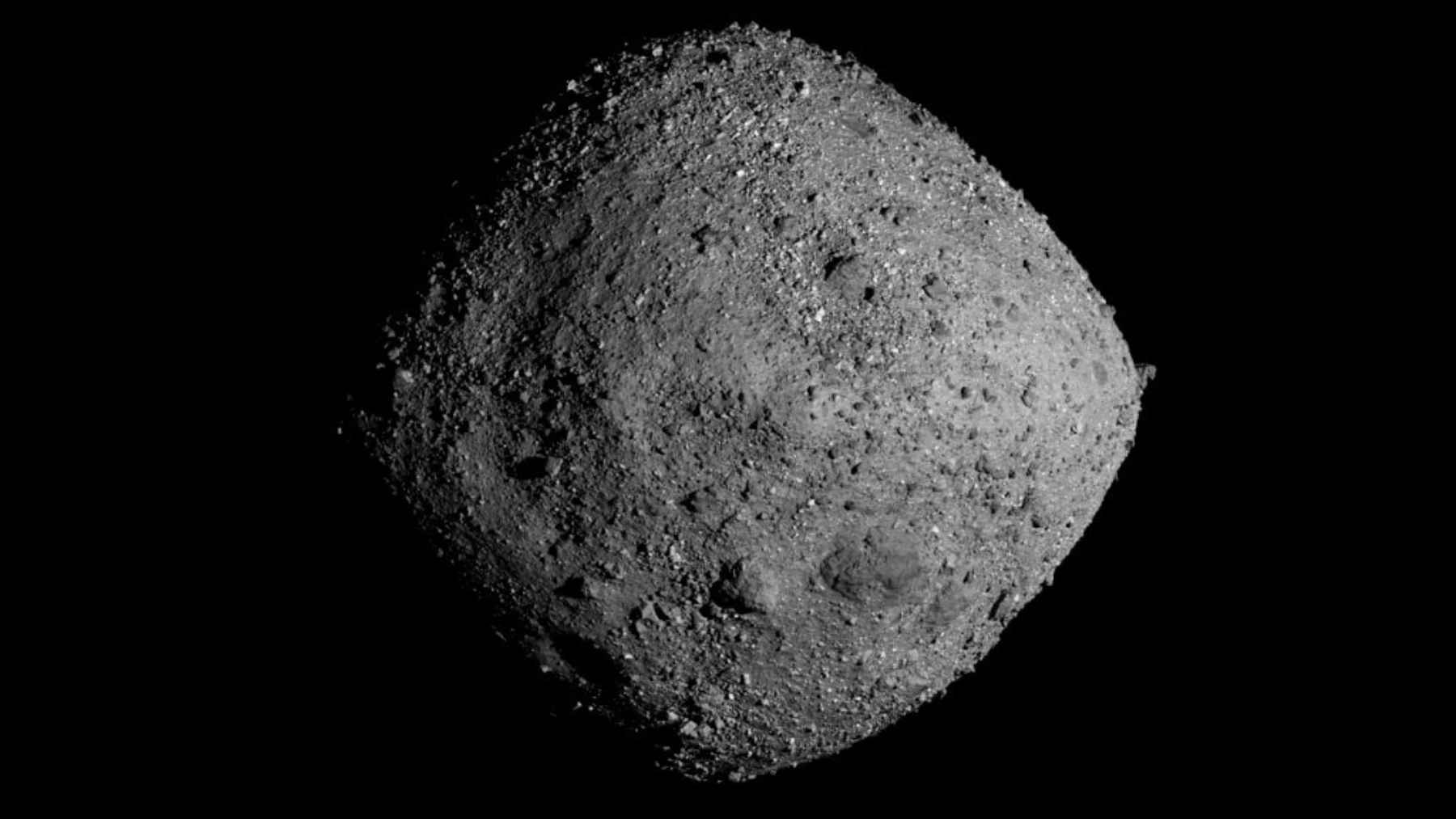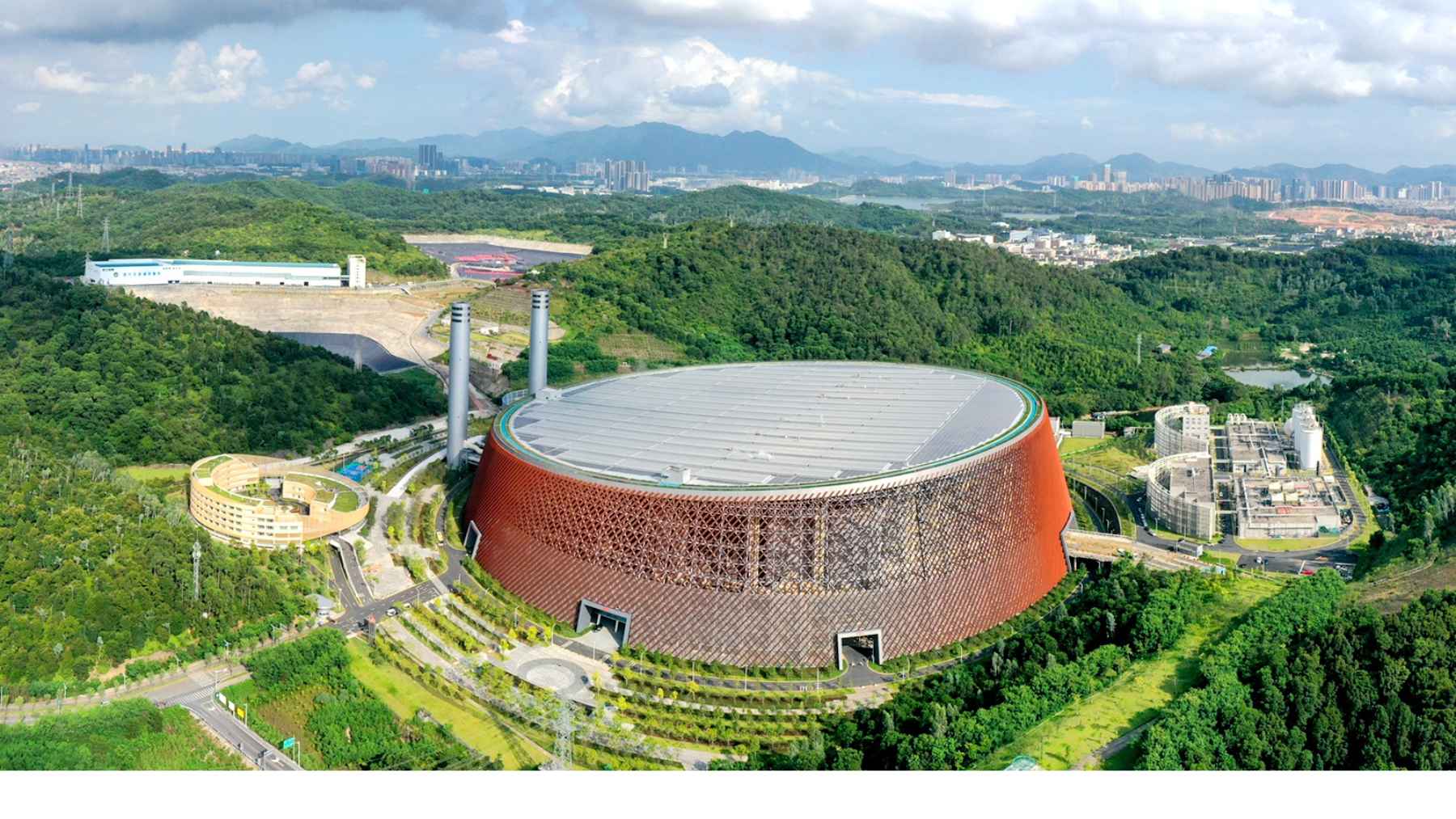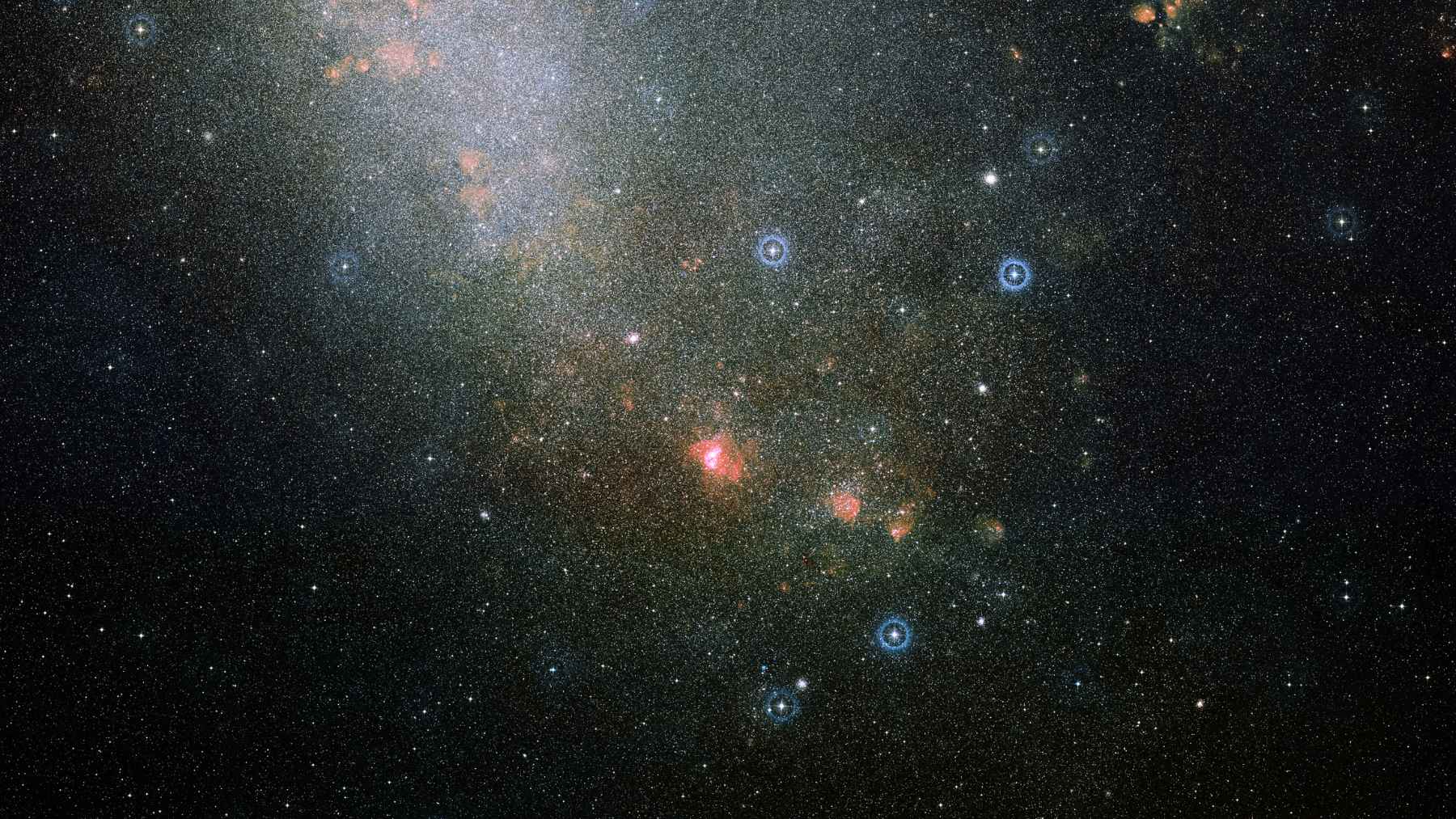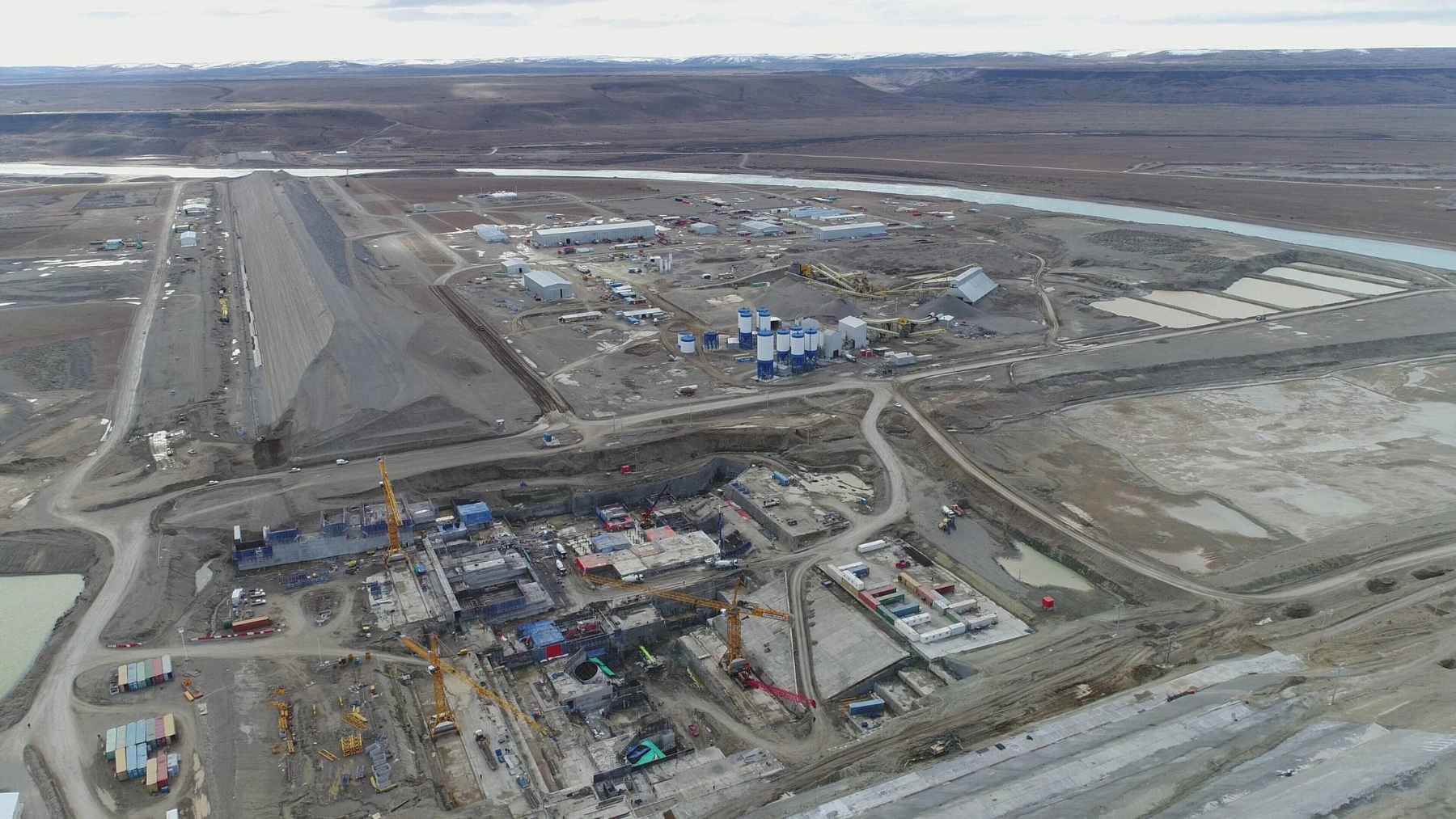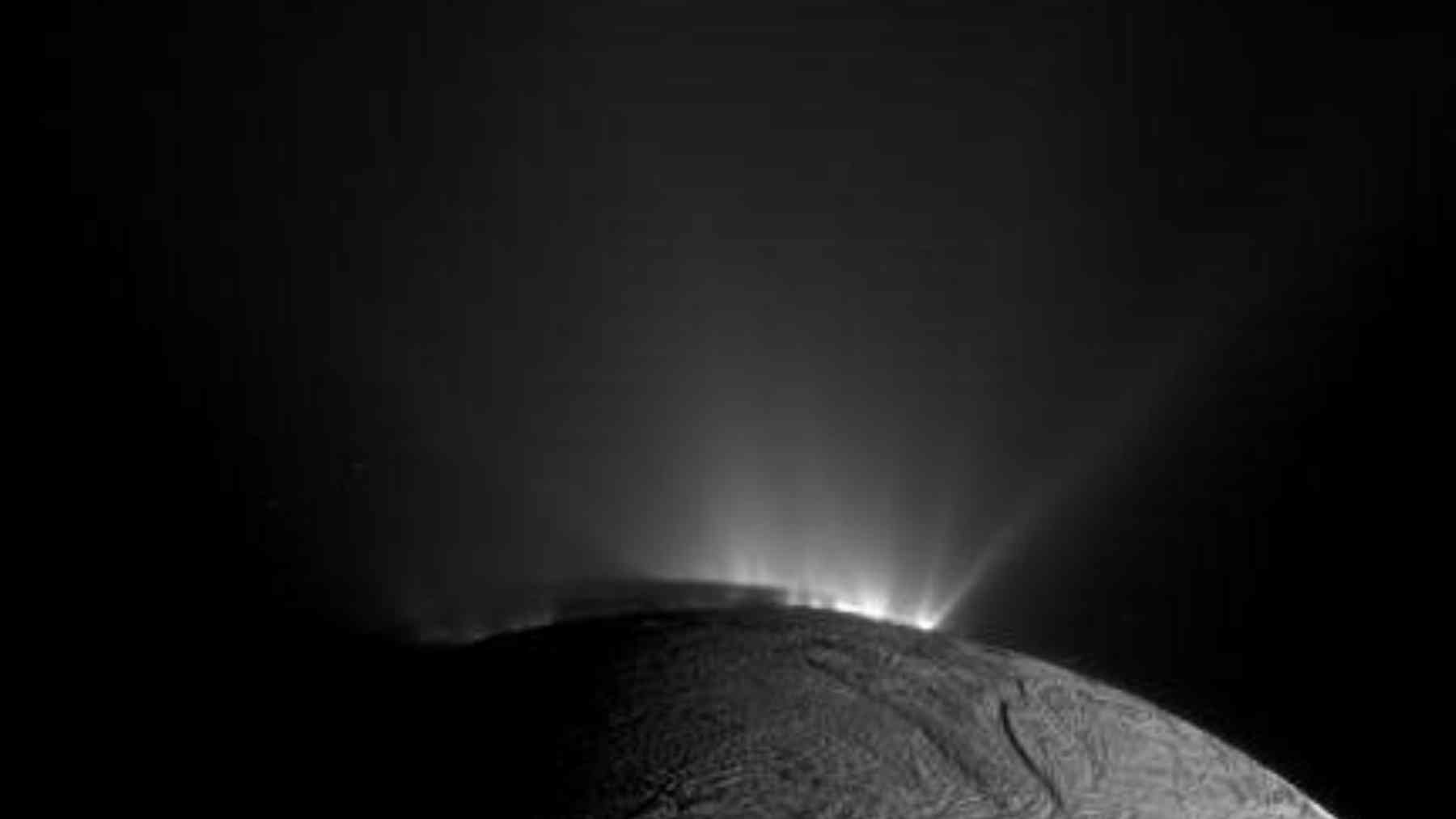Another near-Earth asteroid, Bennu, has scientists worried about a disastrous impact. Though the chances of a collision are distant, they could prove catastrophic. New research shows that even one of those medium-sized asteroids could spark an “impact winter” that would have dire global consequences for climate, agriculture, and human survival.
Asteroid Bennu’s threat: A ticking time bomb for Earth?
The asteroid Bennu, which is made of rock and is about 500 meters wide, makes its closest pass to Earth every six years. Currently sitting safely at a distance, it has a 1 in 2,700 chance of hitting Earth in September 2182. While the likelihood appears slim at only 0.04%, scientists have warned that if the space rock collided with Earth, the aftermath would be catastrophic.
Using computer simulations, a recent study has modeled the impacts of an asteroid the size of Bennu crashing into Earth. The results indicate the impact would produce a massive shock-wave, causing earthquakes, wildfires, and thermal radiation. It would also inject 100 – 400 million tons of dust into the atmosphere, radically altering global climate conditions for years.
Bennu’s impact would result in a climate disaster for our planet
The most disturbing result of the impact by Bennu is the cataclysm that it would cause to the entire climate of the planet. The dust and debris showered into the stratosphere would block sunlight, lowering global temperatures by an average of an estimated 4°C (7°F).
This phenomenon, referred to as “impact winter,” would resemble conditions seen after large volcanic eruptions that covered Earth’s atmosphere in the past. The report also predicts a global decrease in precipitation of 15%, worsening drought conditions.
The lack of sunlight could reduce photosynthesis and vegetation growth by 20% or 30%. Land-based ecosystems would suffer, though oceanic life could undergo surprising transformations, with plankton quickly recovering after iron-rich dust falls from the sky stimulating its growth. But that minor marine boom would be little compared to the land-based agricultural collapse on a massive scale.
“Impact winter” would put human survival at risk
The immediate effect of an asteroid (like this asteroid which is already close to Earth) impact is the direct loss of life from the impact zone, but the long-term effects could be even worse. “The world would have no more plants, and there would be food shortages as global supply chains falter, leading to mass starvation,” said Lan Dai, a postdoctoral research student at the IBS Center for Climate Physics (ICCP) at Pusan National University in South Korea as well as the lead author of the study.
The ozone layer would be depleted by as much as 32%, potentially increasing exposure to damaging ultraviolet radiation and triggering further health concerns, including skin cancer and genetic mutations. Asteroids have caused apocalypse before, as when the Chicxulub impactor 66 million years ago wiped out the dinosaurs.
Even though Bennu is much smaller, its collision with Earth would still be devastating for humanity. They say that while it’s likely that some humans will survive, the world will change beyond recognition, with far fewer people and new ways of living.
Although the potential impact of Bennu is more than a century away, planetary defense experts are already thinking about mitigation tactics. NASA’s successful 2022 DART mission, which showed that it can adjust an asteroid’s course, is a model for working to save Earth in the future.
Experts emphasize the need for more research into potential planetary defense. Developing methods for preventing or mitigating threats from asteroids like Bennu may be critical in protecting the long-term future of humankind. Though unlikely, the risk of such a collision is not zero. History shows that large asteroid impacts do happen, and some preparation could make all the difference between devastation and life.
Bennu is a reminder that space is still a wild frontier, full of unseen hazards. Earth has been lucky so far, but caution, and scientific innovation is needed to help protect the future (like this asteroid which is 200 times bigger than the dinosaur killing one).

